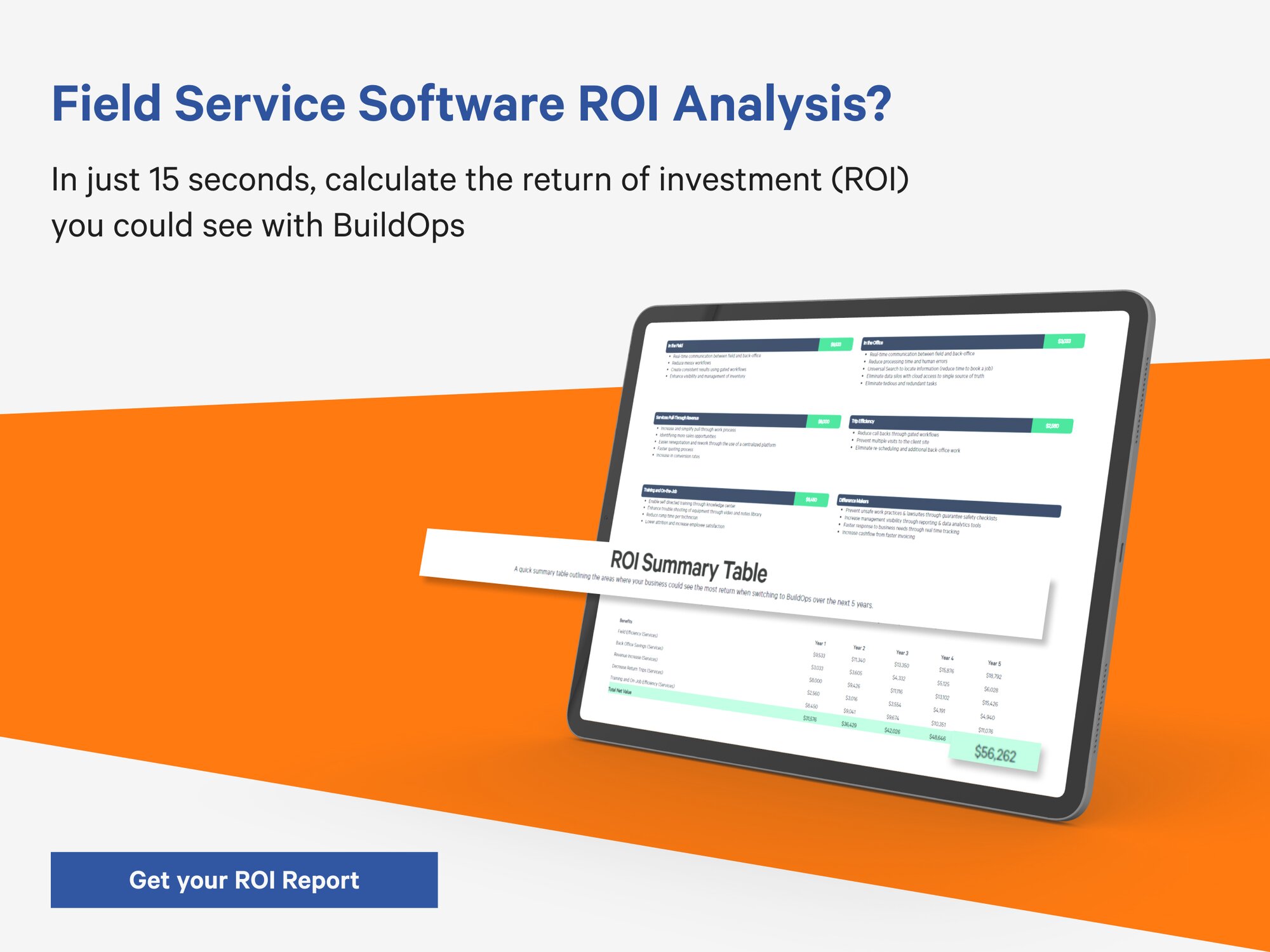When it comes to knowing how to start a plumbing company, it is important to have a well-defined plan in place. Here are some steps to follow in order to successfully start your own plumbing business.
1. Develop a business plan: A business plan is essential for any new business venture. It outlines your goals, target market, financial plan, and marketing strategies. It is a roadmap for your business and will help you stay on track and make important decisions.
2. Obtain necessary licenses and permits: Depending on your location, you will need to obtain specific licenses and permits to operate a plumbing business. This may include a state plumbing license, business license, and any other certifications required by your state.
3. Get the right insurance: Insurance is crucial for any business, especially in the plumbing industry. Make sure you have liability insurance, workers’ compensation insurance, and any other insurance required by your state.
4. Create a professional brand: Your brand is how you present your business to the world. Develop a strong brand that reflects your business values and sets you apart from your competitors.
5. Invest in quality equipment and tools: As a plumbing business, you will need to invest in quality equipment and tools to provide your customers with the best service possible. This may include drain cleaning equipment, pipe cutters, and other essential tools.
6. Hire skilled and reliable staff: Your staff will be the face of your business, so it is important to hire skilled and reliable individuals. Make sure they have the necessary qualifications and experience to provide quality service to your customers.
7. Market your business: To grow your business, you will need to market your services to potential customers. Consider creating a website, using social media, and networking with other local businesses to spread the word about your plumbing business.
Starting a plumbing company can be a challenging but rewarding venture. By following these steps and continuously providing high-quality services to your customers, you can build a successful and reputable plumbing business.
Creating a Solid Business Plan
Creating a solid business plan is an essential first step when starting a plumbing company. It serves as a detailed roadmap for your business, outlining your goals, target market, financial projections, and marketing strategies. A well-crafted business plan will help you stay organized, make informed decisions, and attract potential investors or lenders.
In order to create a solid business plan, you will need to thoroughly research the plumbing industry and your local market. This will help you determine your target market and identify any potential competitors. It is also important to clearly define your services and the unique value your business offers. This will help you differentiate yourself from other plumbing companies and establish your brand identity.
When it comes to financial planning, it is important to accurately estimate your startup costs, overhead expenses, and projected revenue. This will help you determine how much funding you will need and create a realistic budget. You will also need to research any necessary licenses or permits for operating your business in your specific location.
In addition to the financial aspects, your business plan should also include a marketing strategy to promote your services to potential customers. This may include creating a website, utilizing social media, and networking with other local businesses.
A solid business plan is not only a tool for starting your plumbing company, but it should also be revisited and updated regularly as your business grows and evolves. It can guide your decision-making and help you adapt to any changes in the market. With a well-crafted business plan in place, you will be on your way to building a successful plumbing company.
Obtaining Licenses and Permits for Your Plumbing Business
Obtaining the necessary licenses and permits is a critical step when starting a plumbing company. Depending on your location, you may need to obtain specific licenses and permits to legally operate your business. These requirements may vary from state to state, so it is important to research the specific requirements for your area.
The most common license required for a plumbing business is a state plumbing license. This license typically requires passing an exam to demonstrate knowledge and competency in the plumbing field. Some states may also require additional testing or proof of work experience.
In addition to a plumbing license, you will also need to obtain a business license. This is a basic requirement for any business and allows you to legally operate and pay taxes. You may also need to register your business with your state’s secretary of state or tax agency.
Other certifications or permits that may be required for a plumbing business include a contractor’s license and a home improvement license. These may be necessary if you plan to perform large-scale or specialized plumbing projects.
It is important to note that obtaining licenses and permits may also come with fees and ongoing renewal requirements. It is essential to factor these costs into your business plan and budget.
Failing to obtain the necessary licenses and permits can result in fines, penalties, and even the closure of your business. It is important to ensure you are following all regulations and operating legally in order to protect your business and provide quality services to your customers.
Understanding the Importance of Insurance for Plumbers
Insurance is a crucial aspect of any business, especially for those in the plumbing industry. It provides protection for your business, employees, and clients in the event of accidents or damages. As a plumber, your work involves potential risks and liabilities, making insurance a necessary investment.
The main type of insurance for plumbing businesses is liability insurance. This covers any damages or injuries caused to a client’s property or person due to your work. It provides financial protection against any lawsuits or claims that may arise.
As an employer, you are also required to have workers’ compensation insurance in most states. This covers your employees in case of work-related injuries or illnesses. It can help cover medical expenses and lost wages, protecting both your employees and your business.
Other insurance options for a plumbing business may include commercial auto insurance for company vehicles, umbrella insurance for additional coverage, and cyber liability insurance to protect against cyber attacks.
Having the right insurance is not only important for financial protection, but also to gain the trust and confidence of your clients. It shows that you are a responsible and reputable business, and they can trust you to provide quality services without any risk.
In the event of an accident or damage, having insurance can save you from significant financial losses. Without it, you may have to pay for any damages or lawsuits out of pocket, potentially jeopardizing your business.
It is important to review and update your insurance policies regularly as your business grows and evolves. This will ensure that you have adequate coverage and protection for any potential risks that may arise. By understanding the importance of insurance, you can protect your plumbing business and focus on providing excellent services to your clients.
Strategies for Differentiating Your Plumbing Company
One of the key elements of running a successful plumbing company is finding ways to set your business apart from others in the industry. This is known as differentiation and can help you attract and retain customers.
Firstly, consider offering specialized services that are niche in the plumbing industry. This could be hydro-jetting, trenchless sewer repair, or green plumbing options. By focusing on a specific area, you can develop expertise and stand out as the go-to company for that service.
Secondly, invest in branding and marketing strategies that showcase your unique values and approach. This could include highlighting your eco-friendly practices or commitment to exceptional customer service. Creating a strong brand identity will help you stand out in a crowded market.
Networking and forming partnerships with other local businesses can also be a great way to differentiate your plumbing company. By collaborating with related businesses such as HVAC technicians or general contractors, you can offer bundled services and expand your customer base.
Another strategy for differentiation is to focus on customer experience. By providing excellent service, responding quickly to customer inquiries, and offering competitive pricing, you can build a reputation for reliability and quality work.
Finally, consider offering additional perks or services that go beyond traditional plumbing work. This could include emergency services, free estimates, or maintenance plans. These added benefits can make your business more attractive to potential customers and set you apart from your competitors.
The Importance of Hiring Skilled and Trustworthy Staff for Your Plumbing Business
As a plumbing business owner, your staff are the face of your company and play a crucial role in maintaining its reputation and success. Hiring skilled and trustworthy staff is essential for building a reputable and reliable plumbing business.
Firstly, having skilled professionals on your team ensures that your customers receive high-quality service. Plumbing work requires technical knowledge and experience, and having qualified employees can help you provide efficient and effective solutions for your customers’ needs.
In addition to technical skills, it is important to hire employees who have strong communication and customer service skills. They are the ones interacting with your clients and representing your business, so they need to be able to communicate clearly and professionally. This can greatly impact customer satisfaction and loyalty.
Trustworthiness is another crucial factor when hiring staff for your plumbing business. Your employees will have access to customers’ homes and personal belongings, making it important to have trustworthy individuals on your team. This can also help prevent any potential legal issues or damages to your business’s reputation.
It is also beneficial to invest in ongoing training and development for your staff. This not only helps them improve their skills, but also shows your commitment to their growth and dedication to providing excellent service.
Hiring the right people for your plumbing business can be a time-consuming and challenging process, but it is worth the effort. By having skilled and trustworthy staff, you can ensure that your customers receive top-notch service and your business continues to grow and thrive.
Key Takeaways
In summary, starting a plumbing company requires a well-defined business plan, obtaining necessary licenses and permits, and investing in insurance and quality equipment. Differentiation and customer service are essential for success, and hiring skilled and trustworthy staff is crucial for maintaining a good reputation. By following these steps, you can build a successful and reputable plumbing business.







